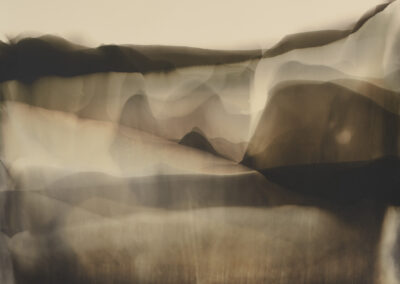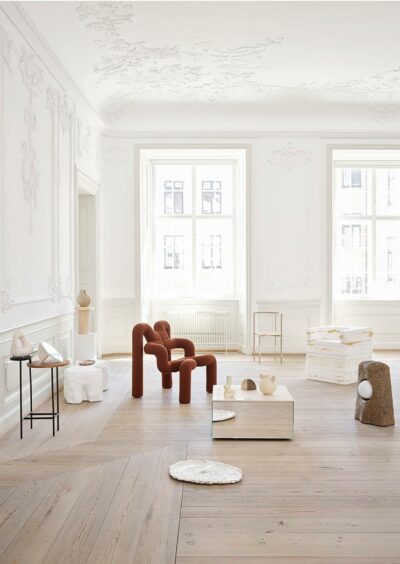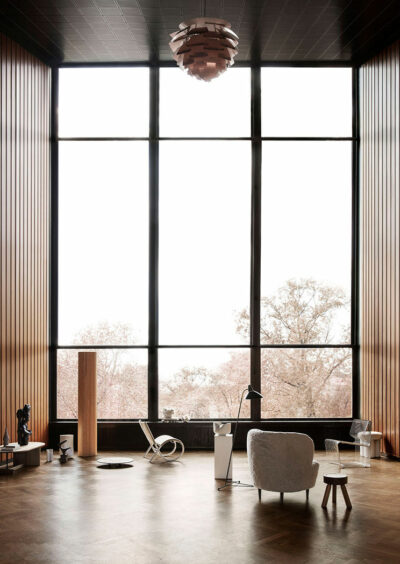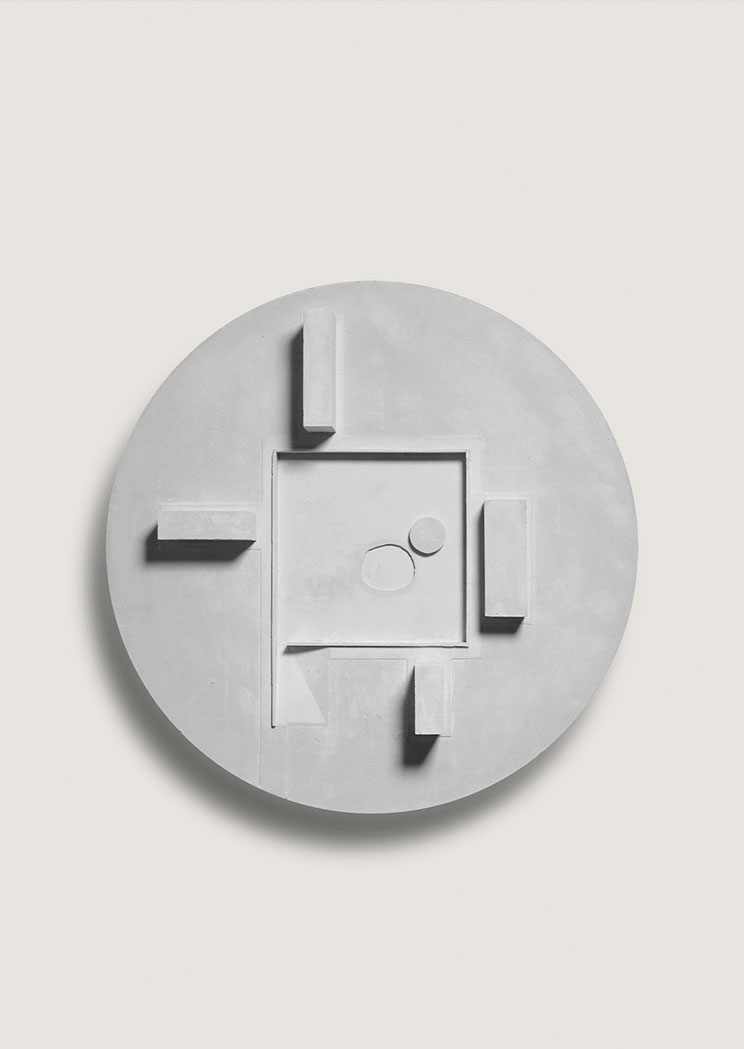
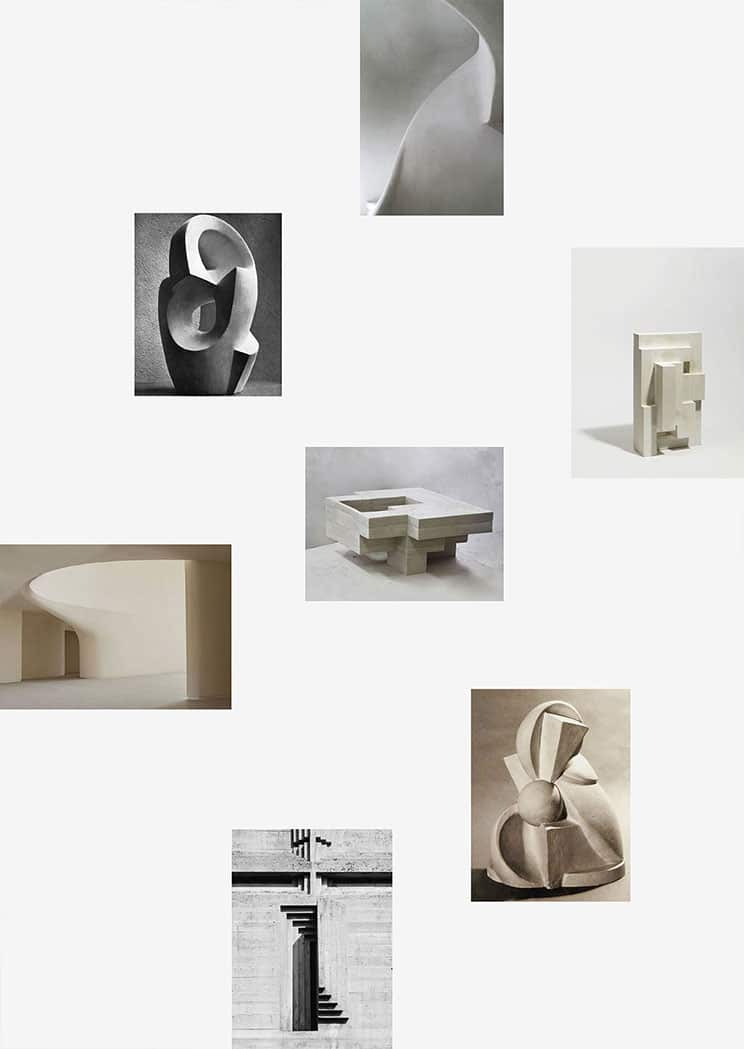
CREATIVE CAST
— PORTFOLIO
Architecture
Cast architectural models inhabit the fine line between art and architecture. Welcomed into homes as if they are sculptures, these once functional objects exist somewhere between inconclusiveness and completeness, and reach into our unconscious to provoke a multitude of interpretations. Does it have purpose? What does it represent? What is its scale? How was it made?
The enigma of cast objects, in particular scale models, has fascinated artists, craftsmen and collectors for centuries. Concrete or plaster casting has long been compared with archaeology or geology: Le Corbusier famously lined the formwork of his béton brut buildings with shells; Constantin Brâncuși, described the unconscious and archaeological dialogue between mould and cast.
To cast literally means to throw. To send something (forcefully) in a specified direction, but with an uncertain conclusion. The art of the craft lies more with designing what will not be there, than what will. It is the alchemical process of casting that transforms them from object to artefact.
Enjoy this meditation on moulds and casting by Justine Bell in Ark Journal VOL IV.
IMAGE (TOP) MARY DUGGAN ARCHITECTS, CAMPUS, plaster model 1:500
TERRA IGNOTA
— ÅKE E:SON LINDMAN
The chemigrams of Åke E: son Lindman swap the literalness of his highly regarded architecture photos for the uncertain procedure of creating images without a camera or a subject.
CASE STUDY
— NEW DANISH NOW
Experimental investigations expressed in biomorphic and primitive forms. New shapes and volumes by design talents.
ARCHITECT MADE
— CASE STUDY
The collaboration between designed spaces and specifically designed objects threads through Danish architectural practice and has resulted in classics created by such renowned architects as Arne Jacobsen, Finn Juhl and Poul Henningsen.

CREATIVE CAST — PORTFOLIO
Architecture
Cast architectural models inhabit the fine line between art and architecture. Welcomed into homes as if they are sculptures, these once functional objects exist somewhere between inconclusiveness and completeness, and reach into our unconscious to provoke a multitude of interpretations. Does it have purpose? What does it represent? What is its scale? How was it made?
The enigma of cast objects, in particular scale models, has fascinated artists, craftsmen and collectors for centuries. Concrete or plaster casting has long been compared with archaeology or geology: Le Corbusier famously lined the formwork of his béton brut buildings with shells; Constantin Brâncuși, described the unconscious and archaeological dialogue between mould and cast.
To cast literally means to throw. To send something (forcefully) in a specified direction, but with an uncertain conclusion. The art of the craft lies more with designing what will not be there, than what will. It is the alchemical process of casting that transforms them from object to artefact.
Enjoy this meditation on moulds and casting by Justine Bell in Ark Journal VOL IV.
IMAGE (TOP) MARY DUGGAN ARCHITECTS, CAMPUS, plaster model 1:500

